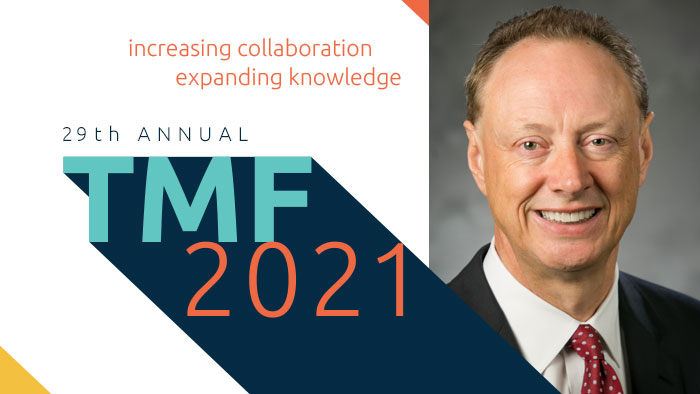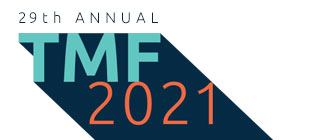Dozens of people are instrumental in the success of a transplant program. It’s vital the entire organization is on the same page. Ian Jamieson, vice president, Duke Transplant Center at Duke University Hospital, will speak on how important it is for a multidisciplinary team to use strategic planning to set goals and objectives as well as prepare for the unknown.
Tell us a little bit about your background.
I’ve been a transplant administrator for close to 30 years. I started my career at the University of Florida back in 1992. I worked in solid organ transplants, specifically liver transplant in England at Kings Cross Hospital, where I set up probably one of the first liver transplant databases in the country. Since at that time, Kings Cross was generally regarded as sort of a General Motors of liver transplantation in England. And that was just a wonderful experience. And I’ve sort of always had that passion for transplantation since then. I’m very fortunate to have been able to focus my career in transplantation. It’s a bug that bites so many of us. It’s hard to sort of think of working in an environment outside of transplant. We’re so very, very lucky to have UNOS as our membership organization. Their staff are just incredible. And in my new role, as MPSC chair, I see that every day now in my interactions with UNOS. The transplant community is small, but for our patients, their families and their loved ones, we do extraordinary things. That’s why I think strategic planning polishes the work, the extraordinary work that our transplant centers do is just so very important.
What will you be presenting at 2021 UNOS Transplant Management Forum?
I’m actually quite excited about this presentation. I don’t think it’s been done in the history of the forum. I know I’ve presented on strategic planning before, but not to this level. And that was probably more than 10 years ago. All of us are required to lead or participate in transplant strategic planning at some point in our careers. My presentation details the fundamentals that yield a significant p-value and an approach that resonates with institutional leadership, staff, and external partners. I think it could be of interest to not only the administrators in the audience, but the nutritionists, to the pharmacists, to the physicians, who are now coming into our forum more and more regularly, which is just wonderful to see. And also to the support staff, such as the biostatisticians in a transplant program or the IT staff in a transplant program. Because they all have to be aware of how valuable and key their roles are to the overall high functioning of a transplant program.
What are you hoping that attendees of TMF will learn after they attend your session?
The information learned at the forum isn’t just something that’s written up and put on a shelf to collect dust. Rather, it becomes foundational to the successful operation of a transplant program or a transplant center. It’s part of the work plan that’s visited periodically in terms of programmatic leadership. It’s assessed as part of your quality plan and it’s also assessed as part of your employee evaluations, to what extent is the workload of employees, what they bring to the table, and meet the needs of the strategic plan. We all have to be aligned and not only within the program, but also within the hospital and health system. So I just see that as principally foundational to a success of a program. It’s not something that should just been done to check a box to say, ‘yes, I’ve done my strategic plan,’ but it goes far beyond that.




